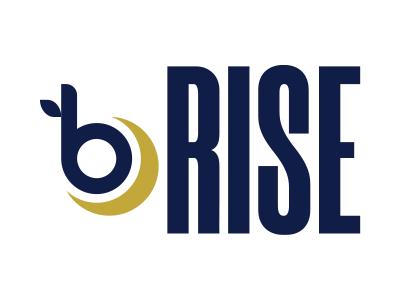A data room is a safe space for sharing and storing business-related information. It is commonly used during mergers and Acquisitions (M&A), tenders, capital raising, legal proceedings and other business deals that require the exchange of sensitive data between various parties. It minimizes the chance that sensitive data will end up in the improper hands. This is because it allows everyone to review documents simultaneously and tracks all activity in a full audit trail.
Investors are looking for an organized data room that includes a consistent document title as well as a clear structure for folders and metadata, if applicable. Investors will find it easier to navigate and find information by making the data room simple to use. Don’t provide too much information as this can overwhelm and distract. Also, you should focus on highlighting information that can be used to improve your business. Don’t, for example, provide detailed competitor analyses in the event that they do not help inform the investor about your position. Avoid “trickle-releasing” information. This is a technique that releases data occasionally. This could slow down the process and derail momentum.
The majority of companies are subject to various states, federal and international laws and regulations. They include the California Consumer Privacy Act (CCPA), Health Insurance Portability and Accountability Act (HIPA), Sarbanes-Oxley Act, European Union General Data Protection Regulations, Payment Card Industry Data Security Standard and many more. Security of your data room is crucial to be in compliance with these laws. It also shows that your company is very concerned about privacy.

